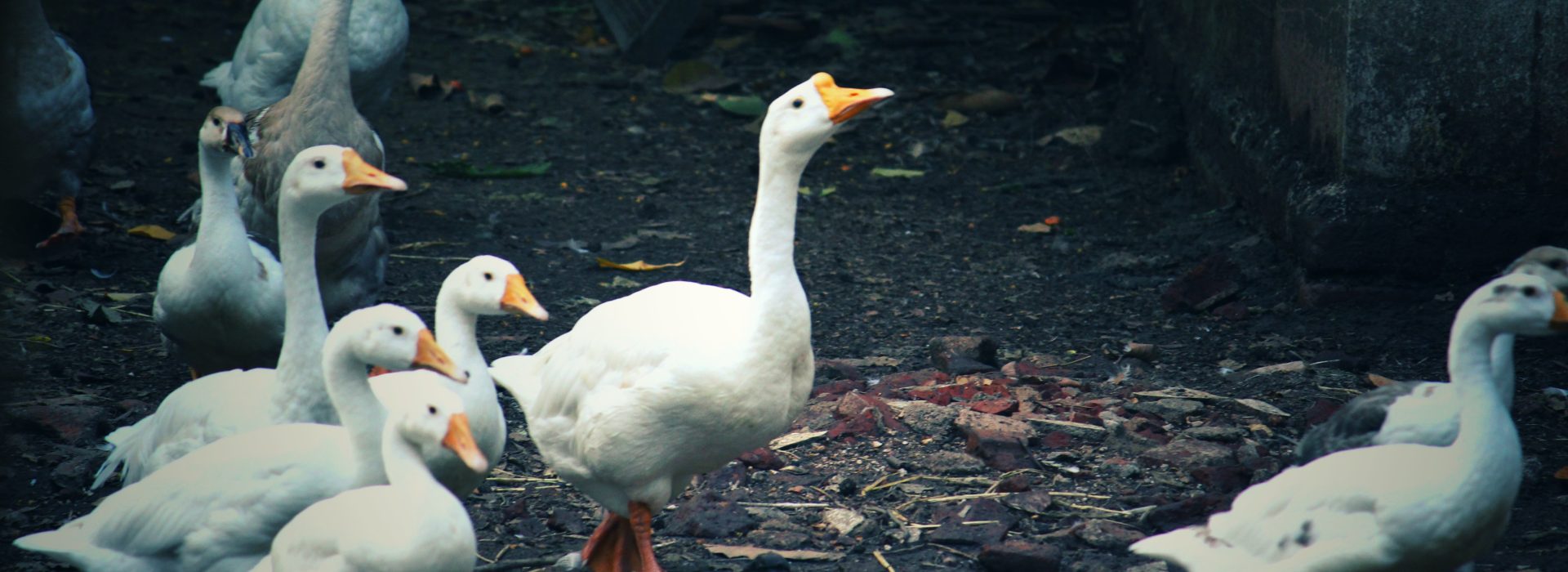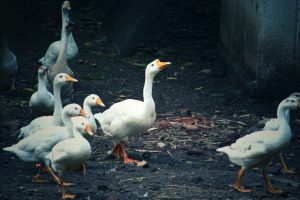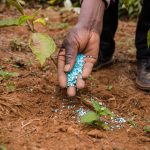In the world of sustainable farming, innovation often takes surprising forms. One such example can be found in the vineyards of South Africa, where an army of ducks has been enlisted to combat pests. This blog post, inspired by an article by Reuters, explores how these feathered friends are helping to keep the vineyards blooming.
The Duck Brigade
At the Vergenoegd Löw Wine Estate in South Africa, a unique pest control strategy has been implemented. Every day, a brigade of over 1,000 Indian Runner ducks is released into the vineyards. Their mission? To feast on snails and other pests that threaten the vines. This natural form of pest control has proven to be highly effective, reducing the need for harmful pesticides and contributing to the overall health of the vineyard.
The Benefits of Duck Pest Control
The benefits of using ducks for pest control extend beyond the vineyard. The ducks also contribute to the overall ecosystem of the farm. They fertilize the soil with their droppings, which helps to improve soil quality and promote plant growth. Additionally, the ducks help to control weeds by eating the seeds before they have a chance to germinate.
A Win-Win Solution
The use of ducks for pest control is a win-win solution for both the vineyard and the environment. It reduces the reliance on chemical pesticides, which can have harmful effects on the environment and human health. It also contributes to biodiversity by providing a habitat for the ducks and other wildlife that live on the farm.
Conclusion
The story of the pest-munching ducks at the Vergenoegd Löw Wine Estate is a testament to the power of sustainable farming practices. It shows that with a little creativity and a respect for nature, we can find solutions that benefit both our agricultural systems and the environment. As we continue to seek ways to make our farming practices more sustainable, we can look to the ducks for inspiration.
This blog post is based on the article “Army of pest-munching ducks keep South African vineyard blooming” published by Reuters on January 16, 2023. Read the full article here.












